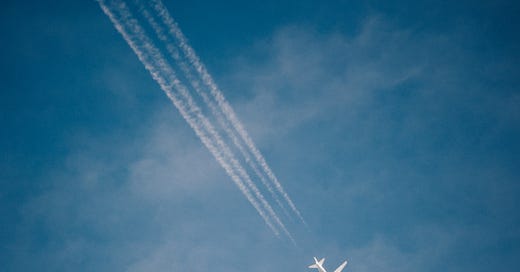Masdar and Airbus Ink Sustainable Aviation Fuel Market Agreement
Abu Dhabi Future Energy Company PJSC – Masdar, one of the world’s leading clean energy companies, has signed an agreement with Airbus, to support the development and growth of the global sustainable aviation fuel market.
The agreement highlights areas of collaboration between the two companies, including Sustainable Aviation Fuels (SAF), Green Hydrogen, and Direct Air Capture technologies, as well as supporting the development and implementation of ‘book and claim’ solutions.
Direct Air Capture technologies enable the capturing of atmospheric CO2 which could, in combination with Hydrogen be used to produce synthetic SAF. The use of SAF based on Green Hydrogen and Direct Air Capture is estimated to reduce greenhouse gas emissions by up to 95% when compared to conventional jet fuel with the global sustainable aviation fuel market expected to grow to over US$14 billion by 2032, according to Precedence Research.
The gradual incorporation of the fuel worldwide is estimated to significantly help lower the CO2 emissions of air transportation and is key to a net-zero future for the global aviation industry.
Earlier this year, during Abu Dhabi Sustainability Week, Masdar also announced that the Masdar-led initiative focusing on green hydrogen to produce sustainable aviation fuel (SAF) is actively working with licensors to certify a new production pathway for sustainable aviation fuel (SAF) from methanol.
Mohamed Jameel Al Ramahi, Chief Executive Officer, Masdar, said: “This MoU with Airbus further amplifies Masdar’s commitment to accelerating the reduction of global carbon emissions and pioneering worldwide efforts towards decarbonization. We look forward to working closely with Airbus to support the development of the global sustainable aviation fuel market and to exploring the adoption of creative low-carbon solutions in support of net zero.”
Established in 2006, Masdar is the UAE’s clean energy corporation, active in over 40 countries across the globe, and has invested in a portfolio of renewable energy projects with a combined capacity of around 20 gigawatts (GW).





